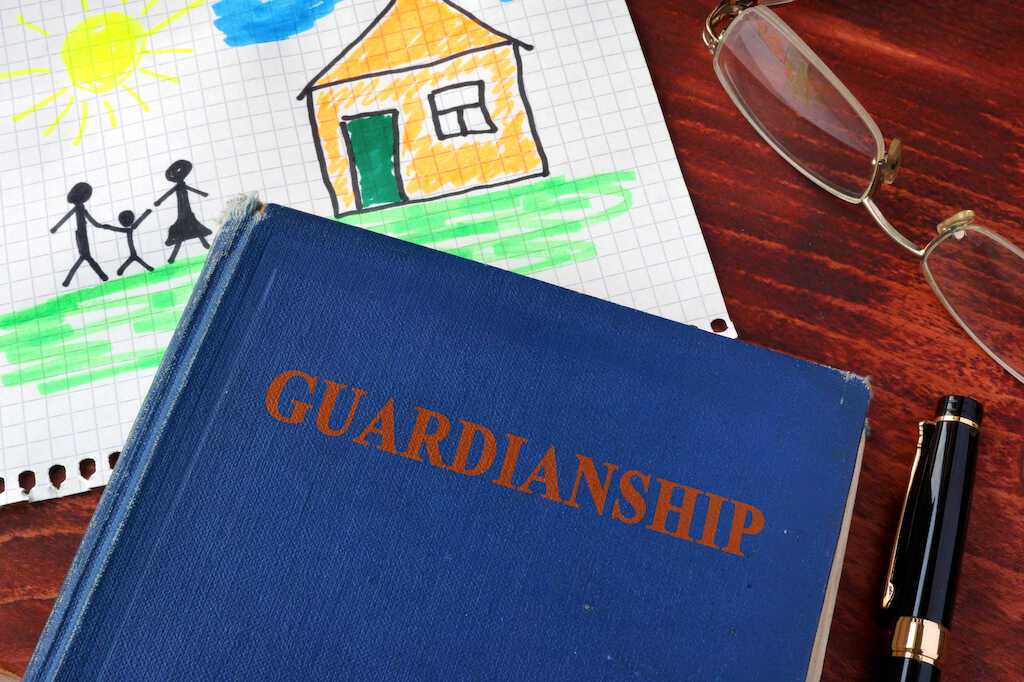It is something many of us face at some time—having a parent, grandparent, child, or other family members in need of guardianship. There are many types of guardianship available.
If an adult has an estate plan, they may already have arrangements made for their own care. This includes having a power of attorney, which eliminates the need for guardianship.
If a parent suddenly dies leaving behind minor children without a will, it may be necessary to petition for guardianship of the children. If they have a will, it should designate a guardian for their children.
When you are questioning guardianship of a loved one, consult with a Watertown or Lake Mills, Wisconsin attorney. They will have the legal knowledge and experience to file petitions specific to your legal guardianship needs.
What Is a Legal Guardian?
A legal guardian is a person who has court authorization to make enforceable decisions for another person. This includes decisions about finances, healthcare, housing, and more.
There are several types of guardianship available depending on the needs of the ward. A ward is a person who is the subject of a guardianship.

Types of Legal Guardianship
There are various types of guardianships, including temporary and permanent. If you believe a person is in need of someone to oversee their care, you and your attorney need to decide which type of guardianship is appropriate.
Temporary Guardianship
The court may award temporary guardianship over an adult in an urgent situation. The guardianship will designate an ending date.
Temporary guardianships are also granted for minor children. This guardianship allows someone to be responsible for the temporary care of their child during a parent’s absence or before the parties can make it into court for a longer plan.
Adult Legal Guardianship
There are approximately 12 million people in the United States receiving long-term care. Many of these need guardianship.
When petitioning to become an adult’s guardian, the court will consider the person’s disabilities and mental competence. To receive guardianship, you must prove that they are no longer capable of making important decisions about finances, healthcare, etc.
Under the law, a person who is incompetent is unable to make appropriate decisions or provide for their own basic needs. This includes the inability to feed, medicate, clothe, or exercise appropriate hygiene and sanitation. They may need assistance with communication, be unable to authorize medical care or make sound financial decisions.
Just because a person is unable to handle one area of their own care, does not mean they need full guardianship. For example, a person may be awarded guardianship to oversee a person’s finances, but the ward remains in control of all other areas of their life. In this type of scenario, a person may receive limited guardianship over another.
Child Guardianship
The State of America’s Children report found that as of 2019 Latinx students drop out of high school every 28 seconds. It also found an American Indian/Alaskan undergoes arrest every 33 minutes. A black student is suspended from school every four (4) seconds.
The report further shows more than 10 million children in the U.S. live in poverty. These children are all at risk and may benefit from a family member or friend stepping in to assume guardianship.
By applying for guardianship, you ensure the child is in a safe environment and keep them out of foster care. There are more than 400,000 children from infant through 21 years of age in the foster care system. The average foster care child is 8 years old.
Reasons children enter foster care include abuse, neglect, or abandonment. The guardian of a minor child receives authorization to make decisions regarding the child’s upbringing. This includes religious instruction, education, and medical needs.
Depending on the circumstances for the appointment, the physical guardian of the child may or may not handle the child’s money. There may be another guardian overseeing the child’s finances.
Unless the guardianship ends earlier, once a child reaches the age of majority they are no longer subject to guardianship.
If you have any questions about this special area of law it is recommended you contact a child guardianship lawyer. They will be knowledgeable about Wisconsin laws and petition requirements.
Guardianship of a Person
This refers to the guardian having full decision-making responsibility for the care of another child or adult. With this type of guardianship, the guardian makes decisions regarding the ward’s daily life, personal matters, and medical care.
They make sure that all the basic needs of the ward are met. This includes food, housing, medical care, and any special needs. They also keep the ward protected from harm, neglect, and abuse.
Guardianship of the Estate
This guardianship deals with a person’s financial matters. The guardian manages the ward’s assets, property, income, and expenditures.
The guardian oversees financial matters only. They have no say over the day-to-day decisions of the ward’s personal needs or medical care.
Guardianship of the Estate is only necessary if a person becomes incapacitated without a power of attorney for finances. If the person has an estate plan in place, it likely contains a durable power of attorney for finances, making guardianship unnecessary.
How to Appoint a Guardian
The Wisconsin Statutes regulate the appointment of guardians, the types of guardianship, and specific regulations the guardian must follow. To make sure all petitions and obligations meet the legal requirements, consult with Watertown or Lake Mills Law—Neuberger, Griggs, Sweet & Froehle, LLP.
Our attorneys have more than 150 years of combined legal experience. We invite you to call (920) 261-1630 or use our online contact form if you have any questions or need to schedule a free consultation.
We also invite you to check our other blogs for answers about guardianship or other areas of law including probate/trust administration, elder law, and estate planning.
